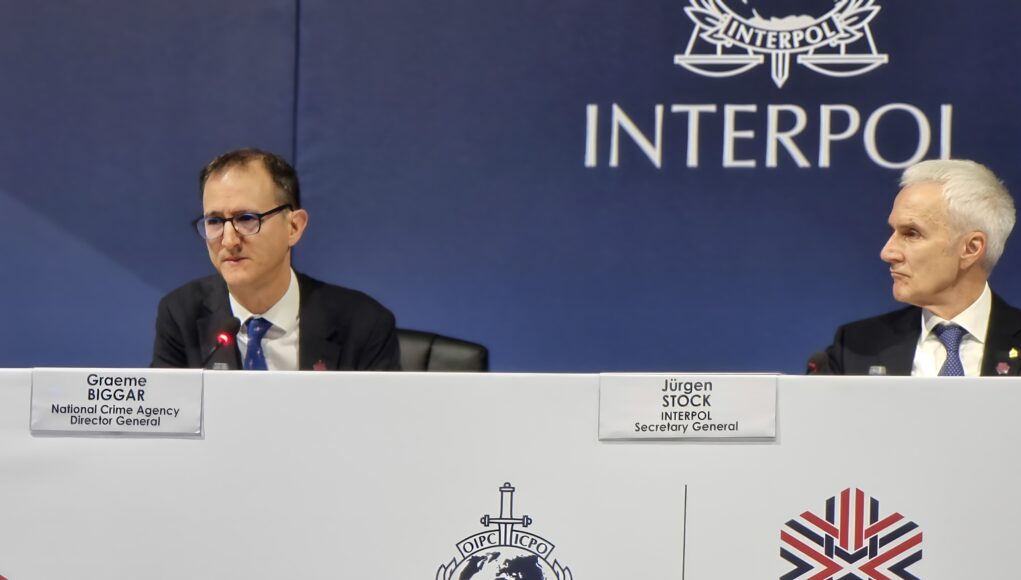At a press conference during the INTERPOL General Assembly in Glasgow, Secretary General Jürgen Stock reiterated INTERPOL’s commitment to political neutrality, highlighting the organisation’s strict adherence to non-political, human rights-based principles.
The address coincided with INTERPOL’s publication of an updated Repository of Practice (RoP), which details how the organisation assesses international police cooperation requests, including Notices and Diffusions, for compliance with its constitution.
“As a neutral platform for international police cooperation, it is of utmost importance that our activities transcend domestic and global politics,” Stock said. He underscored that neutrality allows INTERPOL to maintain the trust of its 196 member states, especially crucial in a global landscape where political tensions can often influence criminal issues.
“If a criminal activity is predominantly political in nature, INTERPOL is out,” he emphasised, affirming the organisation’s strict adherence to its mandate.
The updated RoP expands on guidelines originally published in 2013, incorporating for the first time assessments based on human rights criteria. This comprehensive document, Stock explained, is a response to evolving trends in transnational crime and INTERPOL’s ongoing efforts to refine its internal safeguards.
By including specific scenarios, the RoP clarifies the decision-making process used by INTERPOL when assessing cases linked to political unrest, terrorism, sanctions violations, and issues with racial or religious components.
The RoP also highlights INTERPOL’s Notices and Diffusions Task Force (NDTF), established in 2016 to enforce rigorous legal and quality checks on requests from member states. This multidisciplinary team of lawyers, police officers, and specialists ensures that all requests align with Articles 2(1) and 3 of INTERPOL’s Constitution, which mandate that activities must be non-political and respect the Universal Declaration of Human Rights.
When requests fail to meet these standards, INTERPOL denies cooperation, reinforcing its position as a politically neutral and rights-compliant international policing organisation.
Secretary General Stock concluded with a renewed emphasis on the importance of a neutral, rule-based INTERPOL, stating that the organisation’s commitment to impartiality and human rights is essential for supporting global security efforts effectively.













